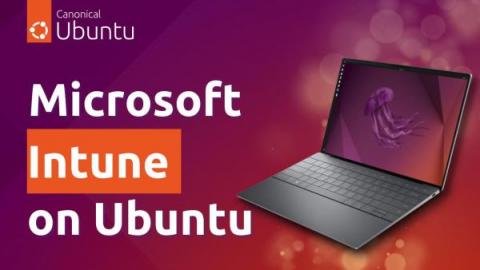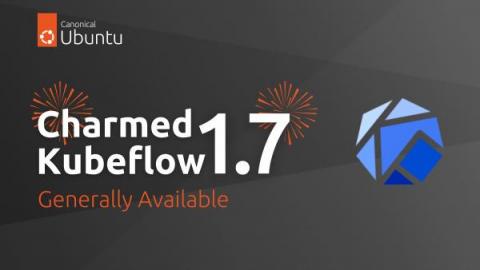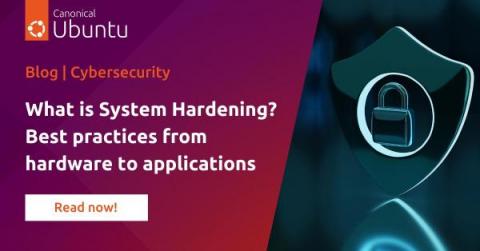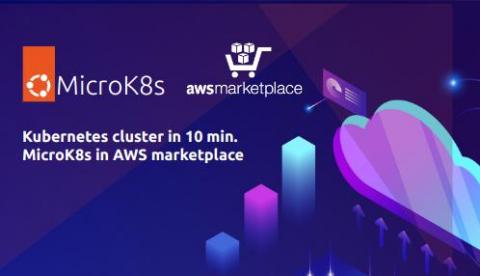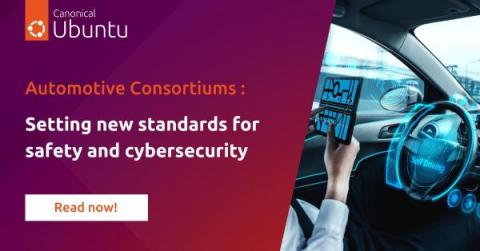Ubuntu compliance monitoring with Microsoft Intune
In recent years, data science, AI and software development have become a key focus area for organisations operating in every sector of the economy. This creates a pressing need to adopt Linux desktops in the enterprise, as research clearly shows a growing number of data scientists and developers prefer operating systems like Ubuntu.


